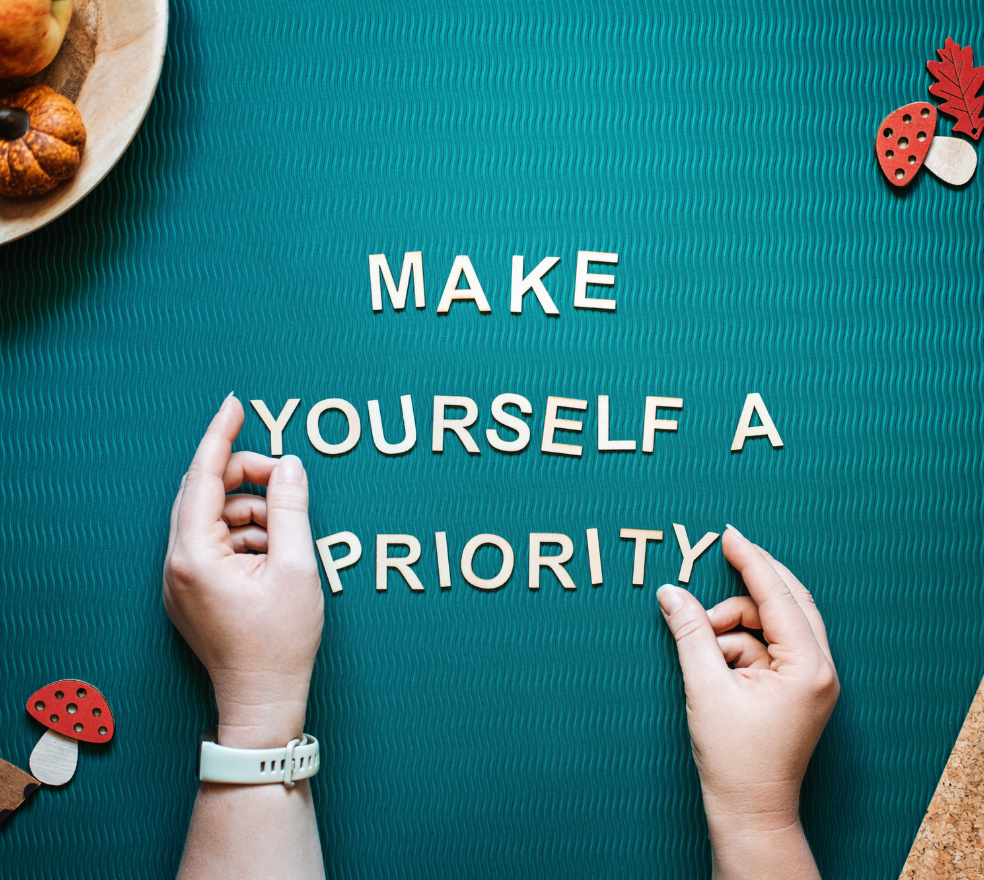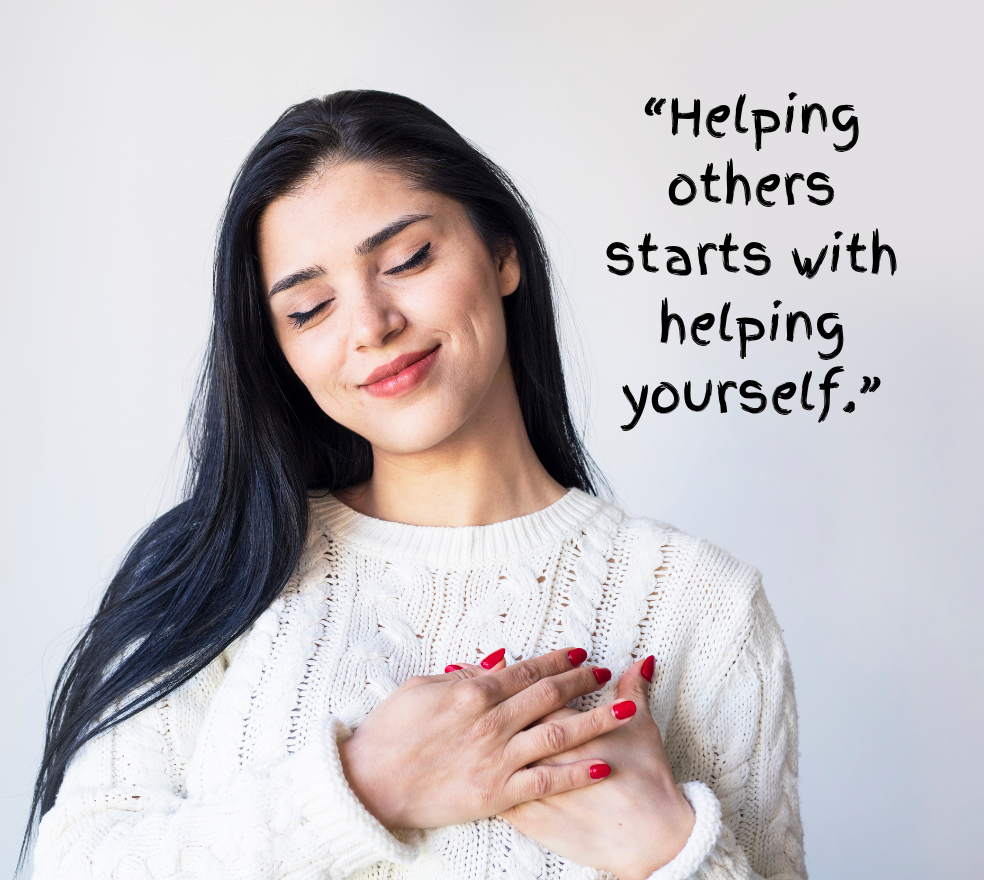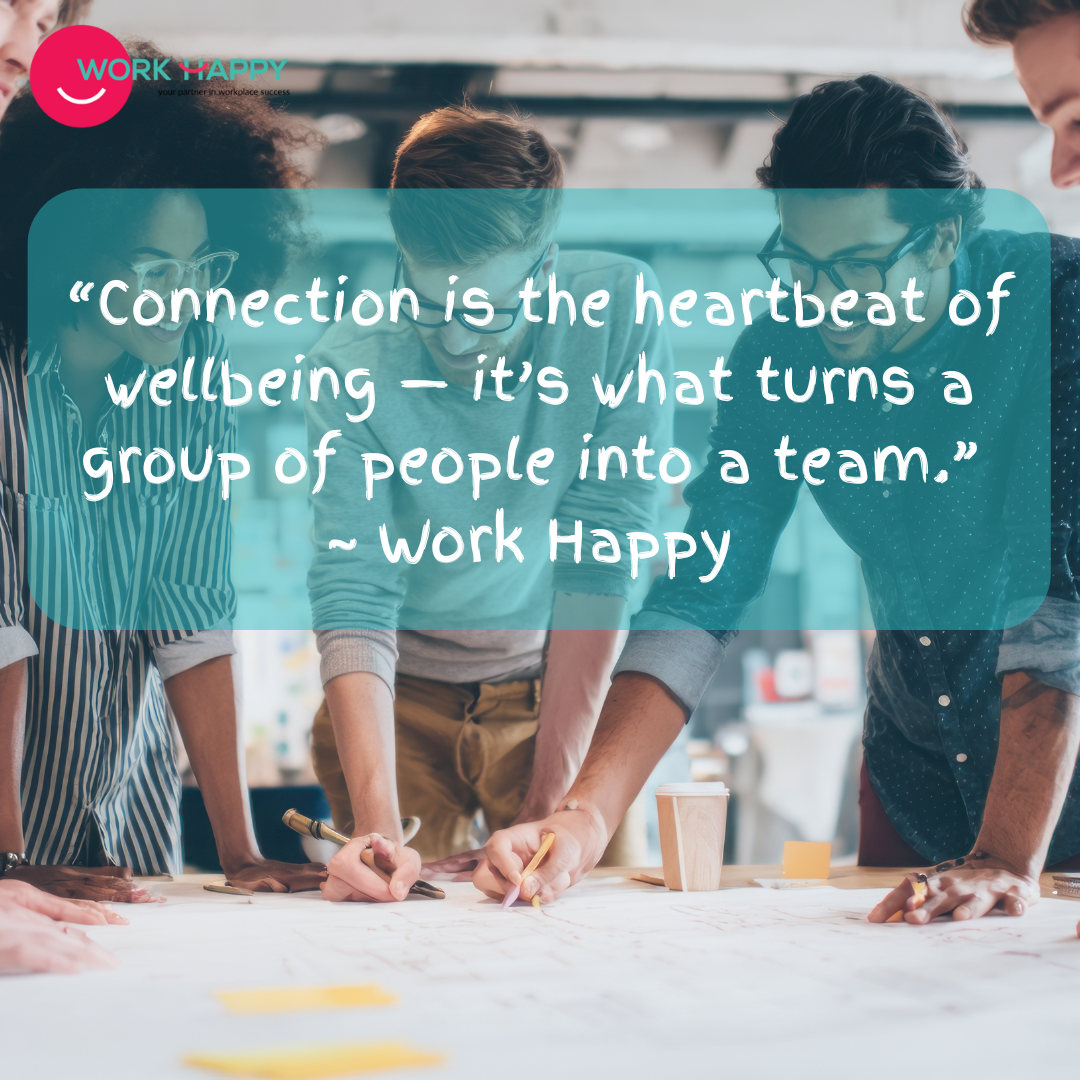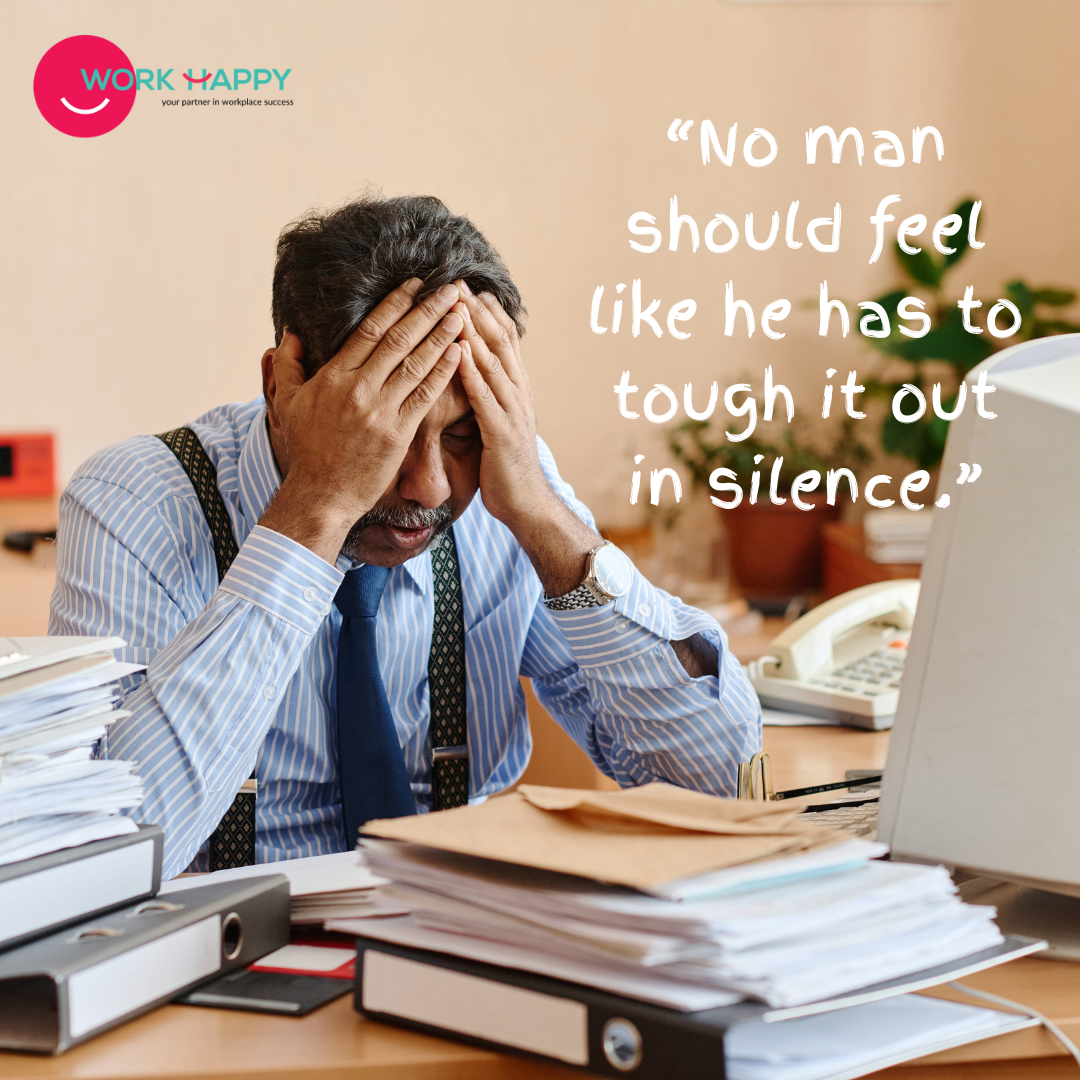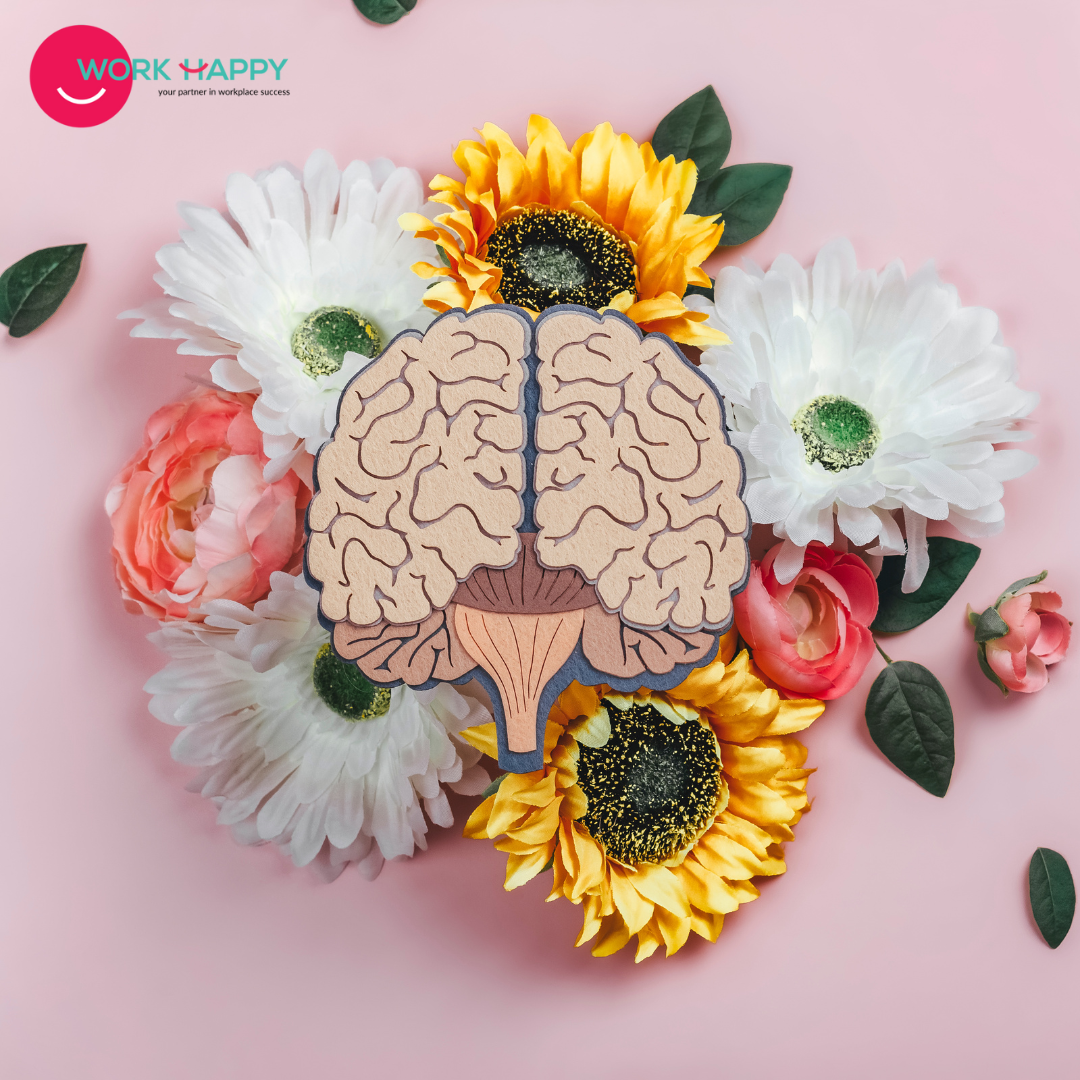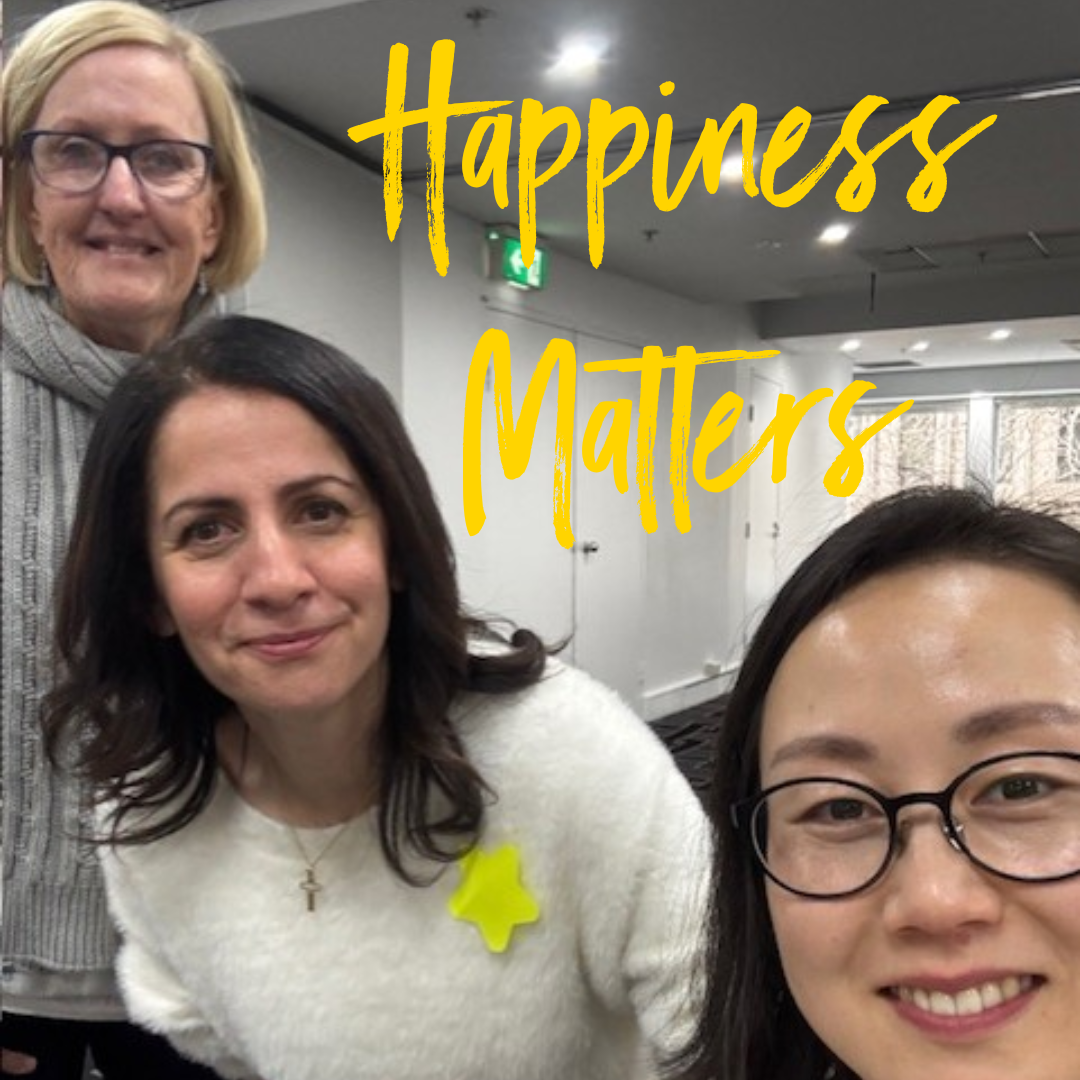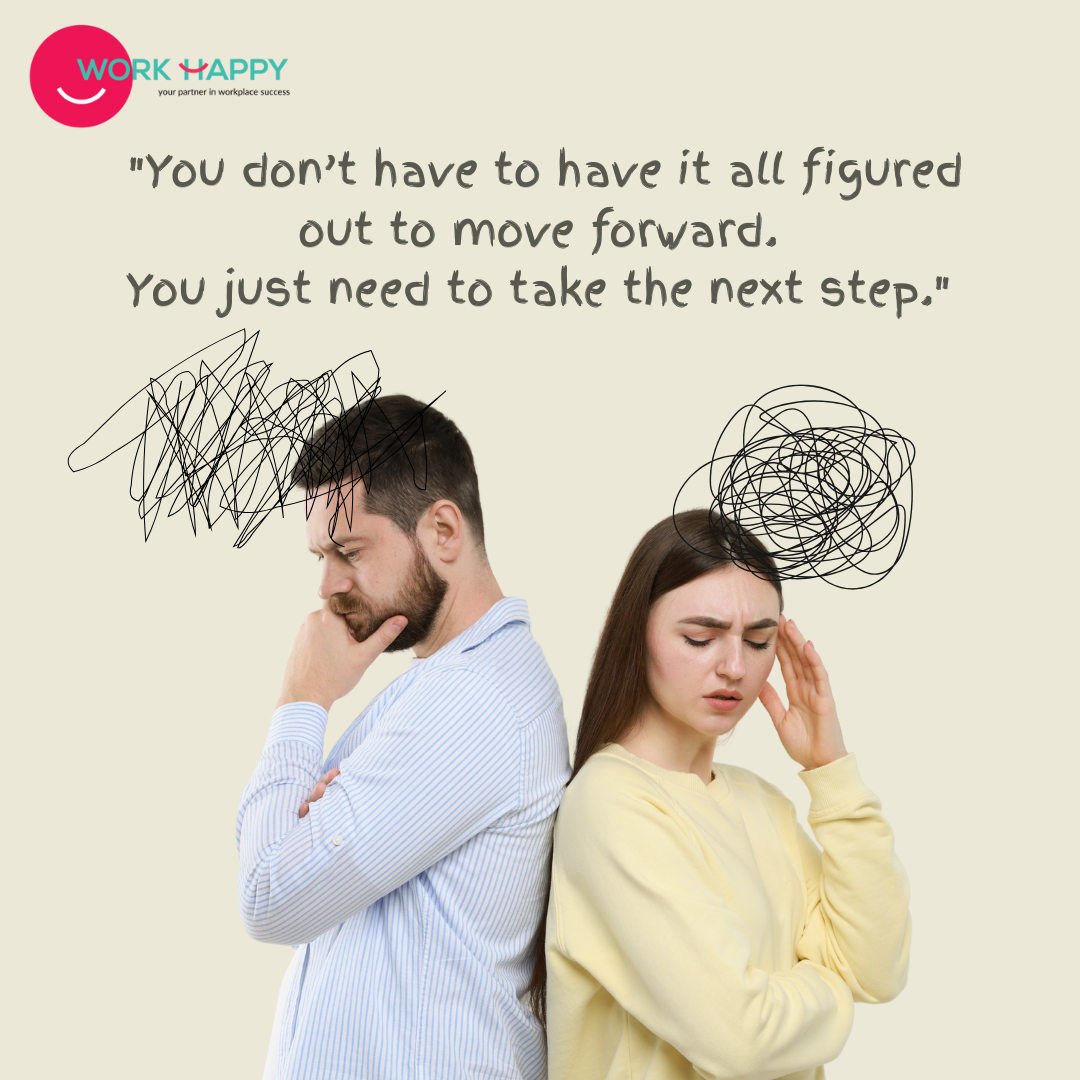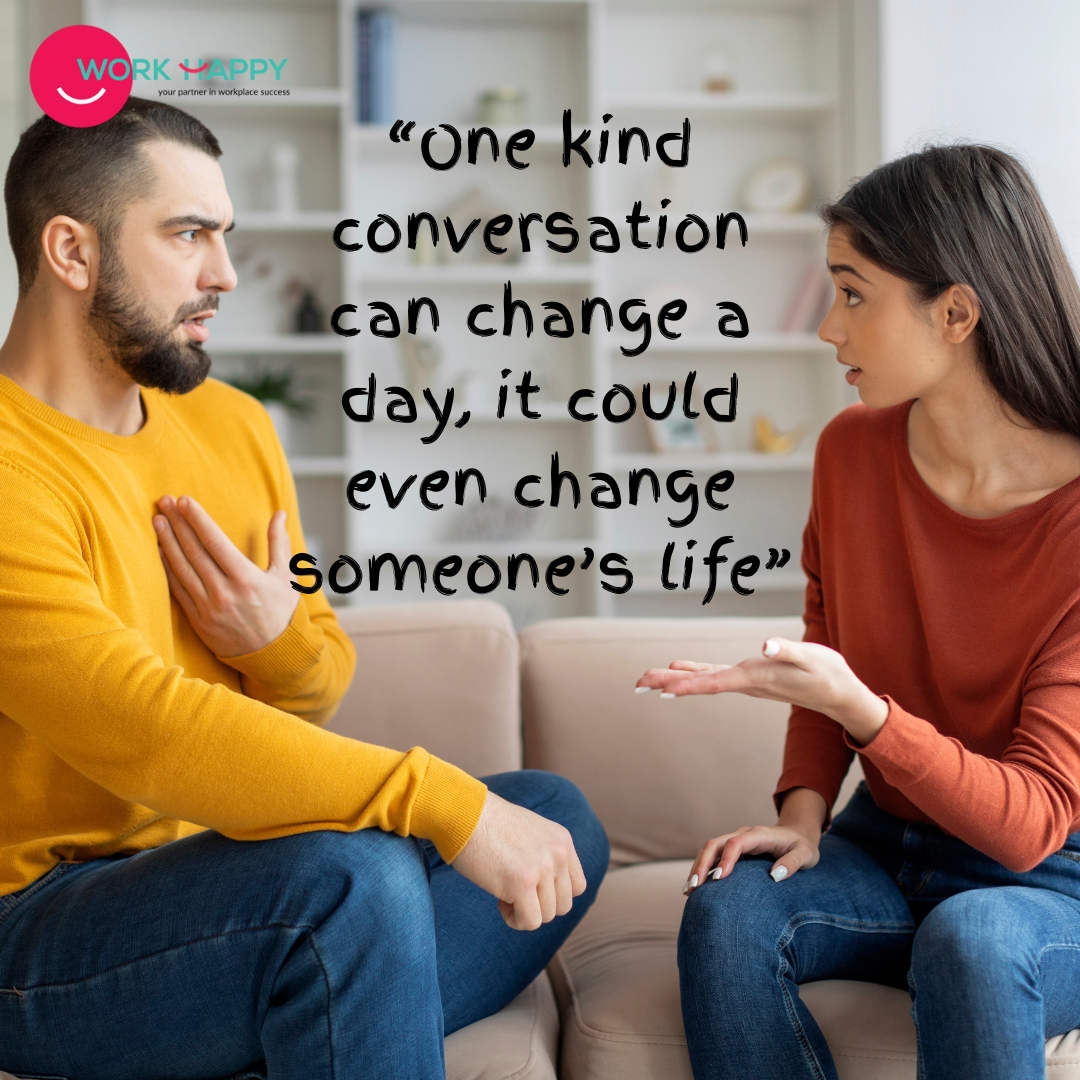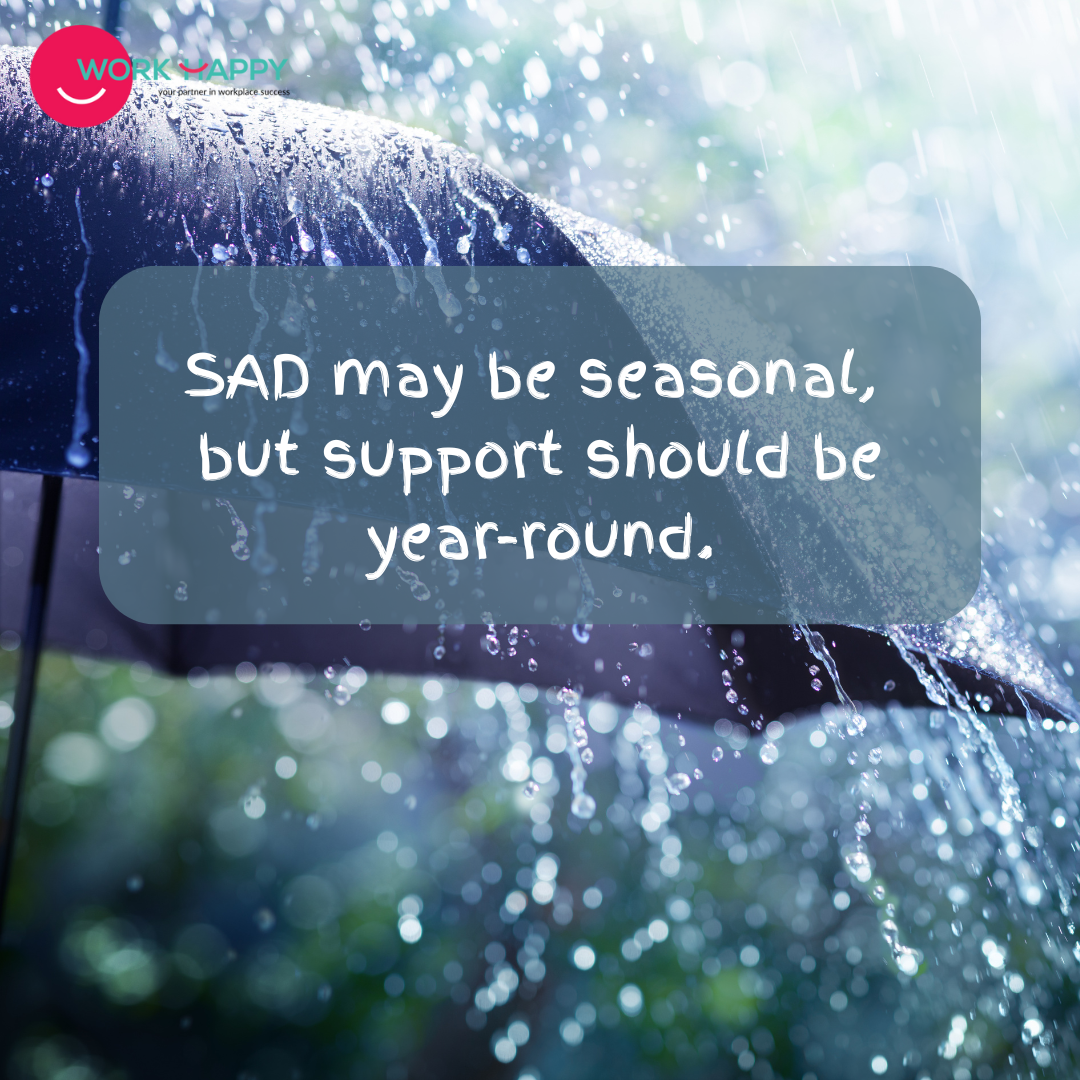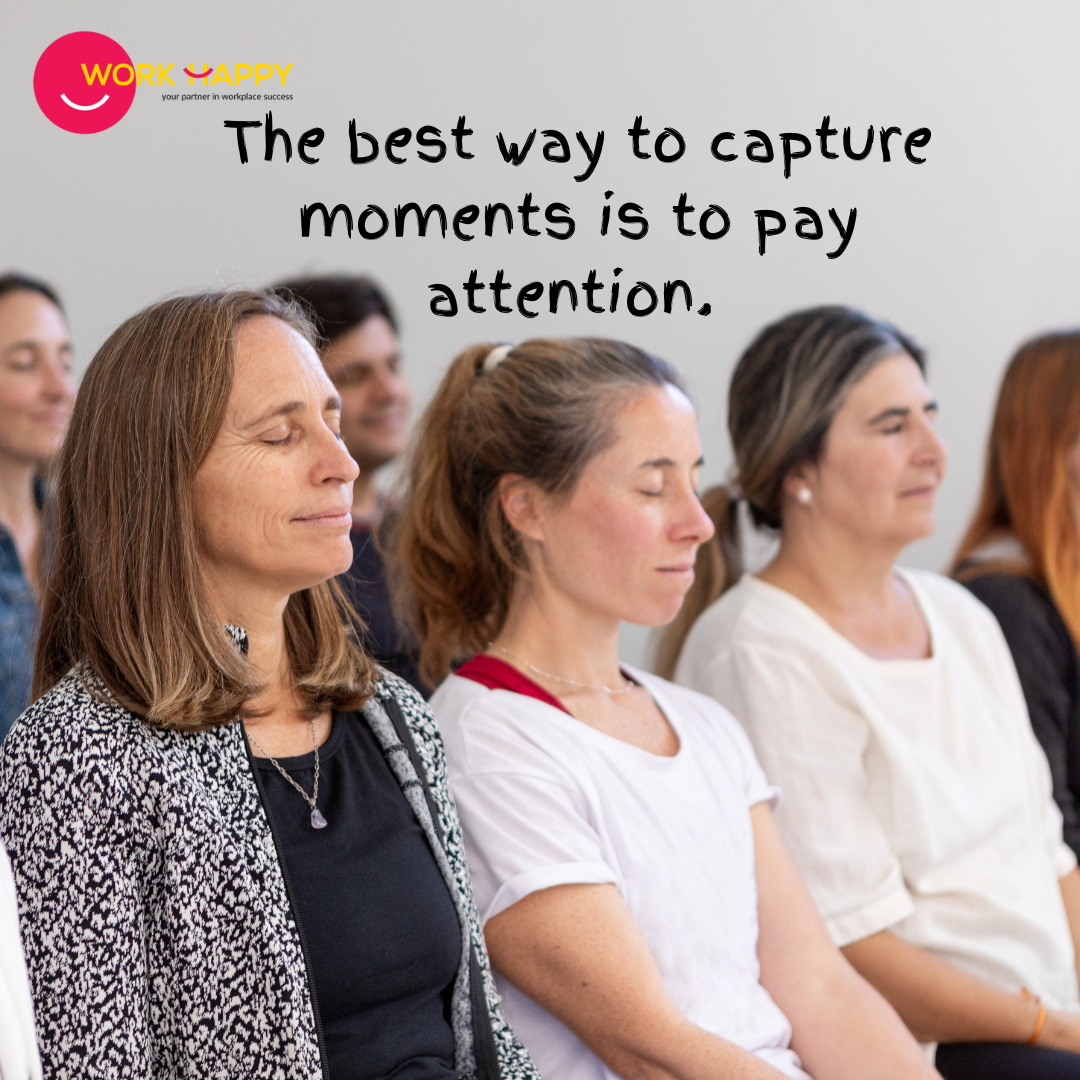R U OK? Day is a powerful reminder to look out for one another – but it also starts with looking inward. Before we can genuinely support others, we need to practice self-care and check in with ourselves.
“You can’t pour from an empty cup. Caring for yourself is not selfish; it’s essential.”
Self-care isn’t just a luxury; it’s a discipline that takes practice and consistency. In today’s fast-paced world, with competing demands from work, study, and family, stress can build quickly. Without taking time to reset, burnout, anxiety, and distress can creep in. By making space for conscious self-care, we strengthen our own wellbeing and place ourselves in a better position to ask “R U OK?” with authenticity and compassion.
Practical Self-Care Reminders for R U OK? Day
- Ask for help early – Reaching out when you’re struggling isn’t weakness; it’s wisdom. The sooner you seek support, the easier it is to find your way through challenges.
- Relax and recharge – Breathing techniques, meditation, yoga, or simply a walk outdoors can help calm your body and mind.
- Stay connected – Lean on family, friends, or colleagues for support, and nurture relationships that lift you up.
- Practice kinder self-talk – Notice negative inner chatter and replace it with realistic, encouraging words.
- Express emotions healthily – Assertive, respectful communication helps you share what you feel while strengthening connections with others.
- Build resilience – Coping skills grow with practice; each challenge is an opportunity to strengthen your ability to bounce back.
- Choose a healthy lifestyle – Prioritise sleep, movement, balanced nutrition, and activities that bring you joy. Even 20 minutes of movement can boost your mood.
- Make time for joy – Walk, listen to music, read, or explore new hobbies that make you feel good.
- Reflect and reset – At the end of each day, ask yourself: What worked well? What could I do differently next time? Capture your reflections to support growth.
This R U OK? Day, remember: checking in with yourself is just as important as checking in on others. When you prioritise your wellbeing, you create the capacity and clarity to genuinely ask, “R U OK?” – and to be there for someone else when it matters most.
